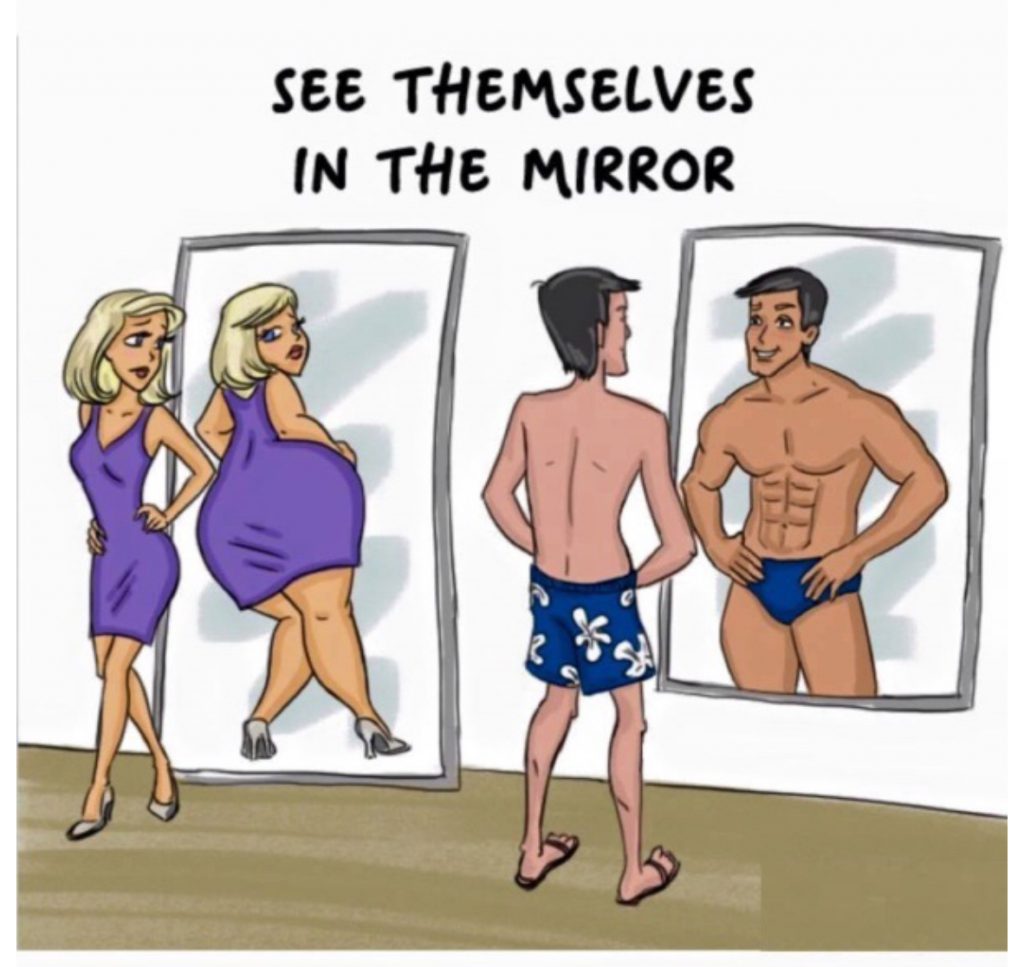Believe me, I know how to put a kid in a headlock. When my
oldest was 3, a positive rapid strep test sent me to the pharmacy to pick up
amoxicillin. This was going to be easy, I thought. It tastes decent, the volume
is small enough, and it’s only twice a day. My daughter was a precocious sort,
easily engaged and reasoned with. But twice a day, for ten days, we would have
a conversation that went something like this:
Me: It’s time for your medicine. We can do this the easy
way or the hard way. The easy way is you take your medicine and then get a
spoonful of ice cream. The hard way is we put you in a headlock and force it
down.
Her: Hard way.
Me: Are you sure? You didn’t really like the hard way
last time.
Her: I’m sure. Hard way.
So, twice a day for ten days, my husband and/or I would put
my daughter in a headlock and force the syringe of pink bubble gum-flavored antibiotic
into her mouth. We would hold and she would squirm and cry and scream, and
somewhere after 2 cc’s or so she would yell – Stop! I’m ready for the easy
way! And then she would calmly drink the rest and have a spoonful of ice
cream. We did this 20 times.
Fast-forward 6 years. My son is 3 and now he has strep. But he’s …
different. He doesn’t understand the easy/hard conversation the way his sister
did. His tantrums are louder, and longer. He does not recover from them as
easily, and they can ruin his entire day. My son is not officially on “the spectrum”;
there’s no label to why is he how he is. We are still in the process of figuring
out how his (different) (amazing) (beautiful) brain works. The journey is both
frustrating and heartwarming, and there is so much unknown. But one thing is
clear: the headlock isn’t working.
I text my pediatrician and ask if she will administer
intramuscular bicillin. She agrees, but doesn’t have it in the office. I call
around and find a compounding pharmacy 45 minutes away that has it in stock.
She calls in the prescription, my husband drives out with all the kids to pick
it up (I am in the hospital on service of course), and then drives back to the
pediatrician, who gives my son the shot. He cries a little, and we’re done.
As a pediatric hospitalist, I spend a lot of time teaching
residents about prescribing antibiotics. We talk about cultures and
sensitivities, about side effect profiles. We talk about mg/kg, a lot. The
residents all know that liquid clindamycin tastes gross and that augmentin ES
causes less diarrhea than the original. But one thing many of them still don’t
understand is why any parent in their right mind would subject their poor
innocent child to an injection (a shot!) when the same medication can be given orally.
What I try to teach them, to illustrate to them, is that sometimes it’s
actually the kinder choice.
It’s not the right call for every kid every time. For my
son, I am confident that we made the right choice, the kinder choice. But every
child is different. I encourage my residents to think creatively about their
patients, to use the biopsychosocial model to help guide their management decisions,
to be flexible in their thought processes and to always, always show
compassion.
The great thing about kids, though, is that they grow. My
daughter who had strep when she was 3? Well, she’s 9 now, and she just had
strep again along with her little brother. And she squirted her own amoxicillin
into her mouth every time, no ice cream required.




